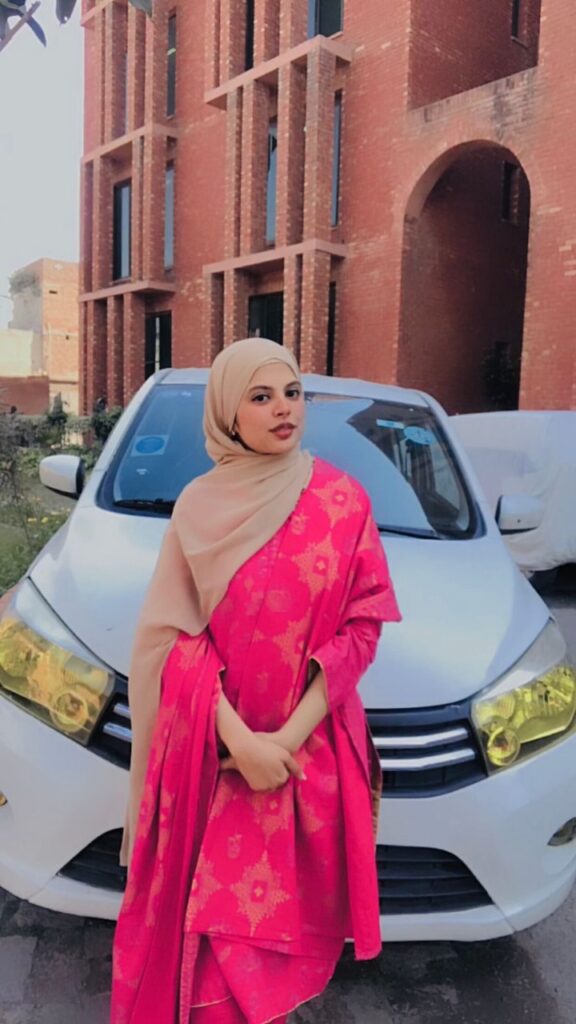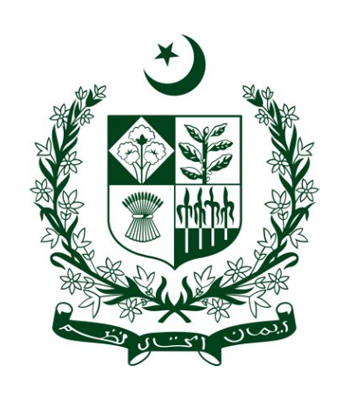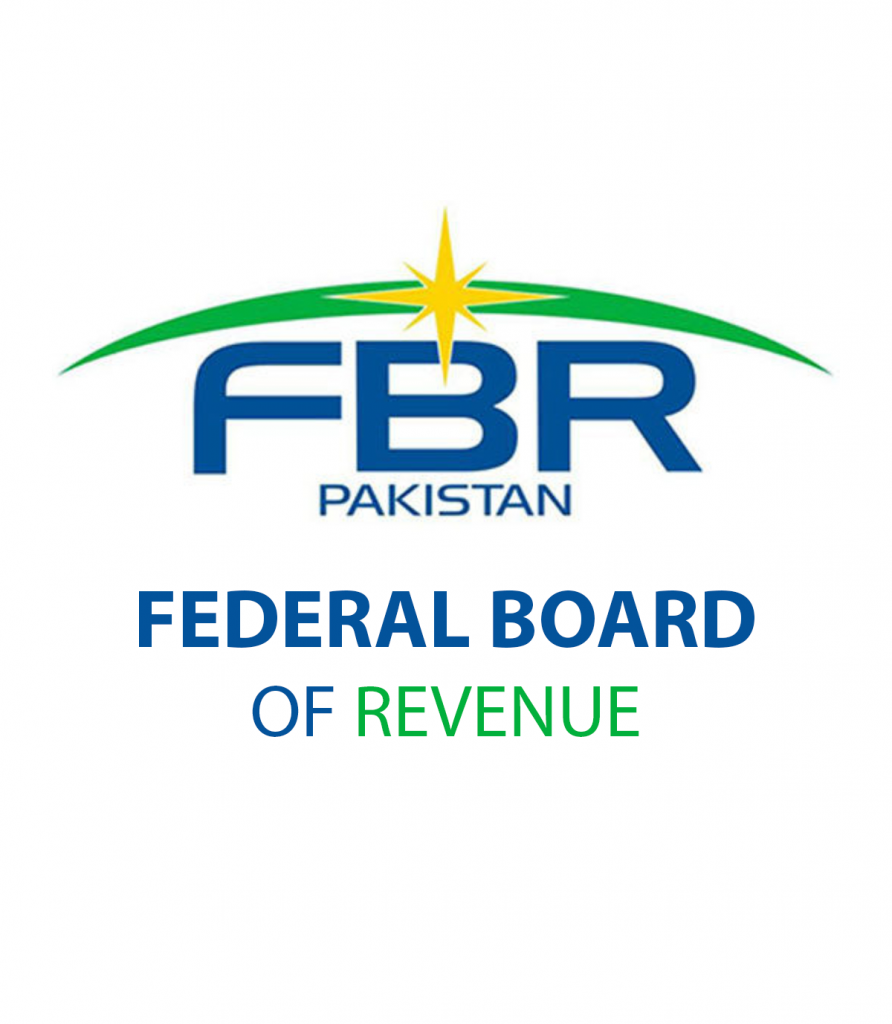Education has always been described as the backbone of any nation, but in Pakistan, its story has been one of resilience against adversity. Despite being declared a priority in countless policies, education has often remained underfunded and neglected by the state. Yet, it was women who refused to let this neglect define the country’s future. Time and again, they stepped into the void left by weak systems and proved that education is not just about classrooms—it is about survival, dignity, and progress. From the earliest days of independence to today, women have built schools, shaped policies, and fought to keep the dream of learning alive for millions of children.
Among the earliest champions was Begum Ra’ana Liaquat Ali Khan. In 1949, she founded the All Pakistan Women’s Association (APWA), which went on to establish schools, vocational centers, and literacy programs. At a time of limited resources, her leadership demonstrated that women’s education was central to nation-building. Around the same era, Begum Shaista Suhrawardy Ikramullah emerged as another strong voice. As one of Pakistan’s first women parliamentarians and a delegate at the United Nations, she helped shape education policies at home while contributing to the drafting of the Universal Declaration of Human Rights, linking Pakistan’s struggle for women’s education with the global fight for equality.
In later years, the movement for education took new forms. Asma Jahangir, best known for her fearless defense of human rights, consistently raised her voice for equal access to education, recognizing it as the foundation of empowerment. From a different background, Mukhtaran Mai turned her personal tragedy into a mission for justice by establishing schools for girls in rural Punjab. Her work proved that even in the most neglected corners of the country, education could transform entire communities.
The early 21st century brought Pakistan a young but powerful voice in Malala Yousafzai. Her courage in standing up for girls’ schooling in Swat Valley made her a global symbol of resistance and hope. In 2014, she became the youngest-ever Nobel Peace Prize laureate and co-founded the Malala Fund, supporting education initiatives worldwide. Malala’s leadership sent a clear message to the world: the right to learn is non-negotiable.
That same year, Ms. Ainee Nasir Jamy carried this torch forward by founding the Sunbeams School System. A visionary leader, she dared to imagine a Pakistan free from illiteracy and is now working to turn that dream into reality. Through the ambitious PK 100 for 100 Campaign—an initiative to achieve 100% literacy by Pakistan’s 100th birthday—Sunbeams has grown from a single school in Hanjarwal, Lahore (launched on 14th August 2014) into a network of 162+ schools, serving 15,000+ students with the support of 400+ teachers across 12 districts. The mission also embraces diversity in learning: 35 non-formal schools for out-of-school children, 12 madrassah programs integrating modern education (across Lahore, Islamabad, Okara, and Layyah), and 5 vocational centers—three affiliated with NAVTTC—equipping youth with practical, employable skills.
With over three decades of experience in education and social entrepreneurship, Ms. Jamy has worked tirelessly to provide inclusive, quality education to underserved communities. Sunbeams has partnered with APWA, linking the pioneering legacy of Ra’ana Liaquat Ali Khan to today’s grassroots reality. Drawing on her work with UNICEF, CARE Foundation, and LACAS, and her experience in the US and UK, she has combined global expertise with local vision, ensuring children in the most neglected areas gain access to learning and opportunity.
Alongside Ms. Jamy, many other women leaders are reshaping Pakistan’s education landscape. Humaira Bachal, who began her journey as a teenager in Karachi’s Lyari, went on to establish the Dream Foundation Trust, dedicated to educating underprivileged children. Baela Raza Jamil, through Idara-e-Taleem-o-Aagahi, has redefined education reform with large-scale literacy initiatives and the Annual Status of Education Report (ASER)—a groundbreaking tool that has shaped national policy through data-driven advocacy.
From Ra’ana Liaquat Ali Khan’s APWA schools to Shaista Ikramullah’s policy leadership, from Malala’s global platform to Ms. Ainee Nasir Jamy’s Sunbeams vision, women in Pakistan have consistently led the way in education. Their collective efforts—each building on the foundations laid by those before them—remind us that the future of Pakistan rests on classrooms filled with hope, equality, and opportunity.
About Author
Hooria Gull the author is an IR researcher with a focus on education and social change. She is currently an intern at Sunbeams School System.





